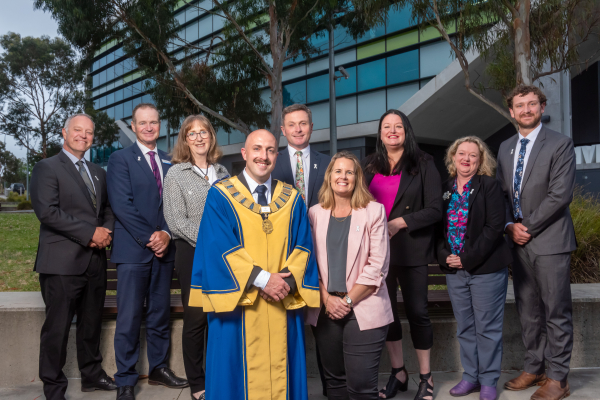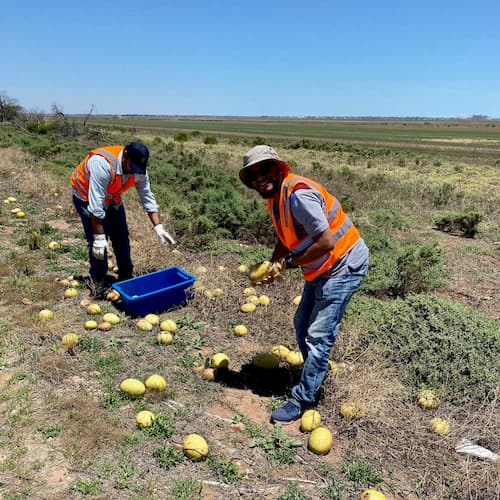- AREXVY has been approved by the Therapeutic Goods Administration (TGA) for Australians 60 and over to protect against lower airway infection caused by respiratory syncytial virus (RSV),*1 a contagious respiratory virus2
- RSV infection typically peaks during the winter season in temperate climates in Australia3,4
- In some cases, RSV can cause serious health complications in older adults, which can include pneumonia, respiratory failure and, in rare cases, even death2,5
GSK Australia welcomes the TGA approval of AREXVY (respiratory syncytial virus vaccine, adjuvanted) to protect against lower airway disease caused by RSV in adults aged 60 years and over.*1 AREXVY is the first RSV vaccine to be approved for use in Australia.1
RSV is a common and contagious respiratory virus2,6 that can cause cold- and flu-like symptoms in adults.2,5 RSV is often considered as an illness that mainly affects children,2,5 however RSV can also cause serious illness and in rare cases, even death, in older adults.7-9 Older adults with certain chronic medical conditions, including asthma, diabetes, chronic obstructive pulmonary disease (COPD) and congestive heart failure have a greater risk of being hospitalised from RSV compared with those without these conditions.†8,10,11
Symptoms of RSV in adults are often similar to other acute respiratory infections, like colds or influenza,2,5 including a blocked nose, cough, fatigue, fever, sore throat, runny nose, body aches and headache,2,5,9 and a test is needed to confirm a diagnosis.2
AREXVY, which has already been approved for use in the UK,12 the European Union,13 the US,14 Canada15 and Japan,16 is a protein-based vaccine given as a single dose.1
“RSV infection can have a significant impact on the health of older adults including those with existing medical conditions, which can add pressure onto our healthcare system. Most people view RSV as an illness that mainly affects children, and its impact on older adults, especially for those with underlying medical conditions, has fallen under the radar,” said Professor Robert Booy.
“Until now, RSV did not have a vaccine or specific treatment for older adults – this is a real step forward for public health and a turning point in our effort to reduce the impact of RSV,” added Professor Booy, Infectious Diseases Expert, University of Sydney Clinical School & Children’s Hospital at Westmead.
“We’ve seen many older adults from our community suffering with RSV over the years, and it can be a challenging respiratory disease that deserves more attention and awareness in Australia,” said Catherine Hughes, Founding Director of Immunisation Foundation of Australia. “Supporting community immunisation is the founding principle of our organisation – so having a new vaccine is welcomed.”
Cases of RSV were only officially counted in Australia from 2021,17 so there are still gaps in fully understanding how common the disease is and what impact it has on the Australian population.7,18.
RSV is predominantly spread by inhaling airborne droplets from those with the infection, or through contact with contaminated surfaces,2,5 and is therefore capable of spreading rapidly within households.19 RSV infections typically peak during autumn and winter in temperate climates in Australia,3,4 alongside other respiratory viruses,5,20 however, RSV can be caught at any point throughout the year.3
“The availability of an RSV vaccine for adults aged 60 and over is the result of collaboration across academia, industry, and research centres. I am excited to see this innovation now become available for older adults in Australia, including those with underlying health conditions, who carry a substantial burden of disease with RSV infection,” said Dr Alan Paul, Executive Country Medical Director, GSK Australia.
The TGA registration of AREXVY is based on the results of GSK’s international phase III clinical trial, which compared AREXVY with placebo in almost 25,000 people aged 60 years or older.1,21.
Older adults may consult with their Healthcare Professional








